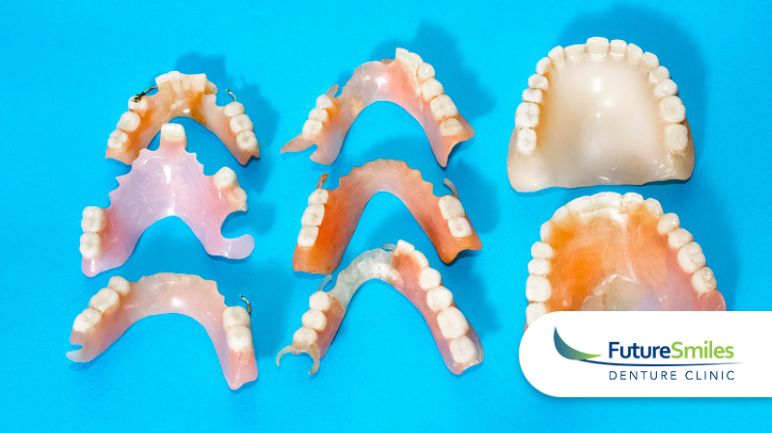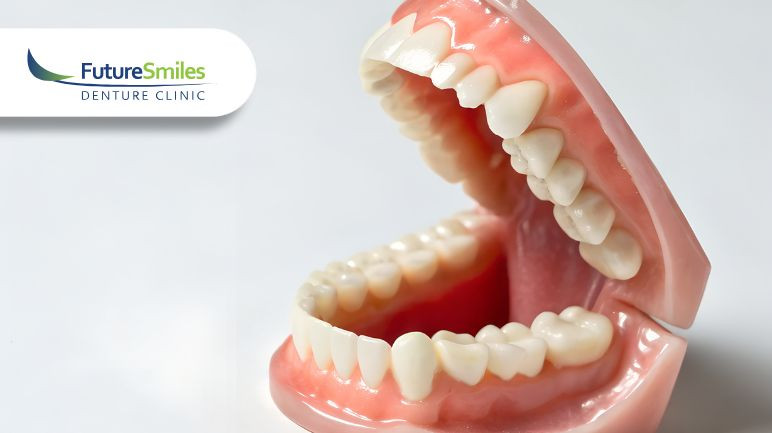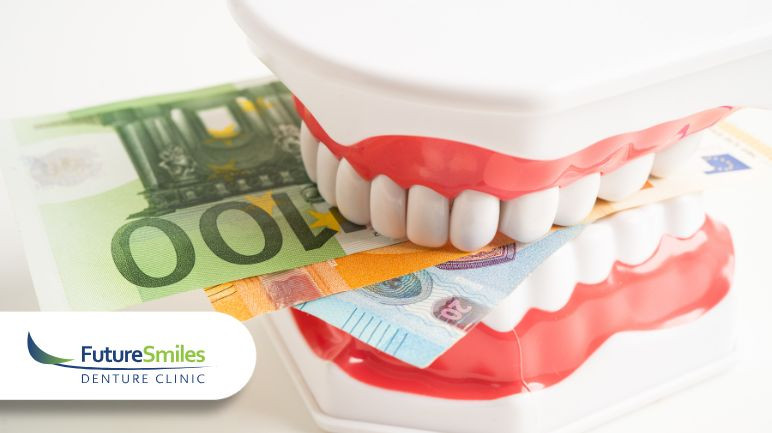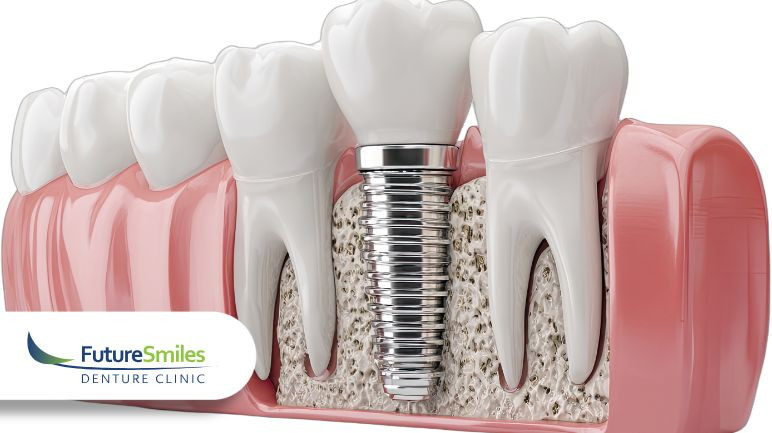The Advantages Of Flexible Dentures
Are Flexible Dentures Right for You?
Flexible dentures offer a range of benefits, but determining if they are the right choice for you depends on various factors. Firstly, consider your specific dental needs and the number of missing teeth you have. Flexible dentures are typically suitable for individuals missing a few teeth or full arches. Secondly, assess your comfort preferences. If you prioritize a comfortable fit and minimal irritation, flexible dentures may be an ideal option. Lastly, consult with a denturist who can evaluate your oral health, discuss your options, and provide personalized recommendations. Their expertise will help determine if flexible dentures are the right solution for you. As you begin your journey to a beautiful, natural-looking smile, consider these benefits:
- Enhanced Comfort
One of the standout benefits of flexible dentures is their superior comfort. Unlike traditional acrylic dentures, which can be rigid and bulky, flexible dentures are made from a soft, flexible material that adapts to the natural contours of the mouth. This ensures a snug and comfortable fit, minimizing any discomfort or irritation often associated with conventional dentures. The flexibility of these dentures also reduces the risk of sore spots and ulcers, providing a more pleasant wearing experience. - Aesthetically Pleasing
Flexible dentures offer exceptional aesthetics, closely resembling natural teeth and gums. The material used for flexible dentures is translucent, allowing them to blend seamlessly with the surrounding oral tissues. This makes them virtually indistinguishable from real teeth, enhancing the wearer's smile and restoring their self-confidence. The absence of metal clasps or hooks, commonly found in other denture types, further contributes to the natural appearance of flexible dentures. - Improved Chewing Efficiency
One of the primary functions of dentures is to restore the ability to chew properly. Flexible dentures excel in this aspect, providing excellent chewing efficiency. The flexible material of these dentures allows for better distribution of bite force, enabling effective chewing and reducing the strain on the remaining teeth. With flexible dentures, individuals can enjoy a varied diet, including tough and chewy foods, without any discomfort or compromise in their eating experience. - Durability and Resistance
Flexibility does not equate to weakness when it comes to flexible dentures. In fact, these dentures are renowned for their durability and resistance. The material used, typically a thermoplastic resin, is highly resilient and able to withstand the daily pressures of biting and chewing. Flexible dentures are less likely to break or fracture, making them a reliable long-term solution for tooth replacement. The absence of metal components reduces the risk of corrosion and allergic reactions, ensuring the longevity of the dentures. - Easy Maintenance and Repair
Flexible dentures are relatively easy to maintain compared to other denture options. They can be cleaned using standard denture cleaners, and their flexibility allows for easy removal and insertion during cleaning routines. If a flexible denture does get damaged, repairs are generally straightforward and can be done quickly by a denturist. This convenience saves time and eliminates the need for extensive downtime, ensuring minimal disruption to the wearer's daily life.
To learn more about your options for flexible dentures, read What Are Flexible Dentures?.
Flexible Denture Options At Future Smiles
Flexible dentures offer numerous advantages over traditional denture options, making them an increasingly popular choice for individuals seeking tooth replacement. The comfort, aesthetics, improved chewing efficiency, durability, and ease of maintenance make flexible dentures an excellent solution for those looking to restore their smile and regain their confidence. If you are considering dentures as a tooth replacement option, consulting with a denturist will help determine if flexible dentures are suitable for your specific needs. Experience the benefits of flexible dentures and enjoy a comfortable and convenient solution to missing teeth.
If you aren’t sure if flexible dentures are the right choice for you, speak to a Calgary denturist at Future Smiles Denture Clinic. We will discuss your goals for tooth replacement and determine which type of dentures are ideal for your lifestyle and budget so you can get the best dentures for your needs. To speak with the team at Future Smiles Denture Clinic in Calgary, you can visit the SW Calgary Denture clinic on Macleod or the NE Calgary location in Coral Springs. To book a free consultation with our Calgary Denturist, call 1-403-475-0016 or fill out the online contact form.
FAQ
Q: Who can’t use flexible dentures?
A: Flexible dentures are only made as partial dentures, so a patient needs some natural teeth to hold the dentures in place. Flexible dentures are also not recommended for people who have a history of extensive periodontal disease.
Q: How long do flexible dentures last?
A: Flexible dentures can last anywhere from 5 to 8 years, but their lifespan can depend on such things as the patient's oral hygiene habits, the amount of wear and tear they experience, and how well they are maintained. It is important to clean and care for flexible dentures regularly to ensure they last as long as possible.
Q: Can I eat normally with flexible dentures?
A: Yes, you should be able to eat normally with flexible dentures. They are designed to be comfortable and functional, and should not restrict your ability to eat or speak. However, it is important to follow your denturist's instructions and start with softer foods while you adjust to your new dentures.







